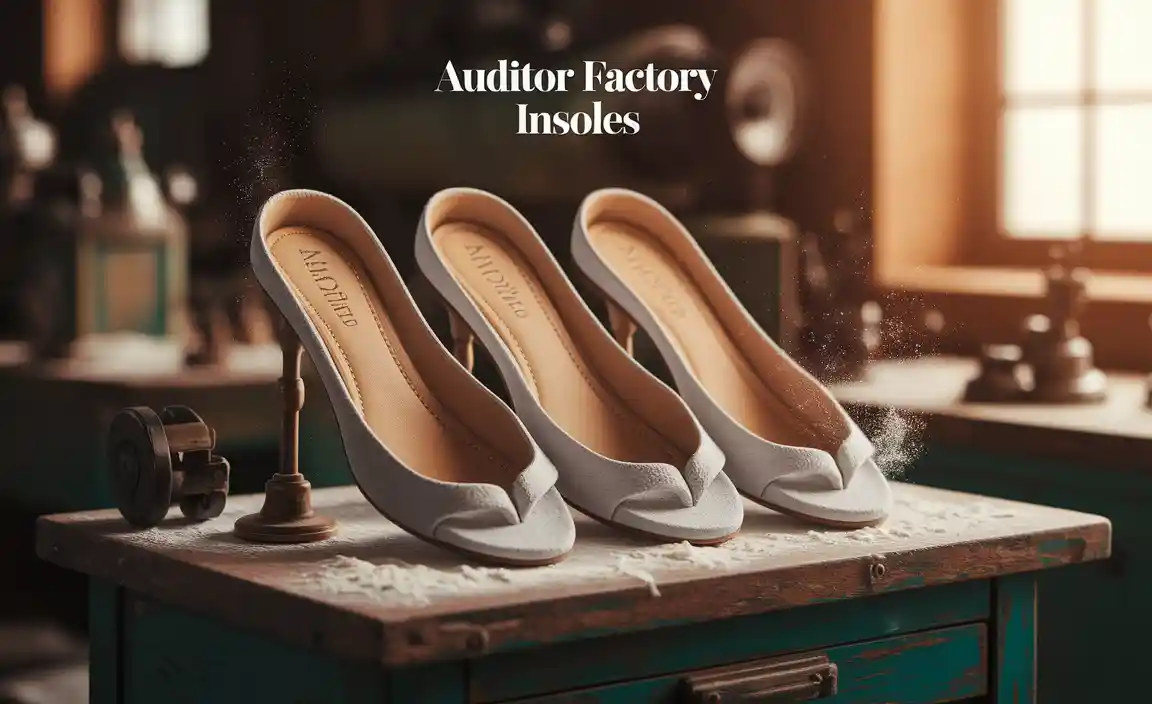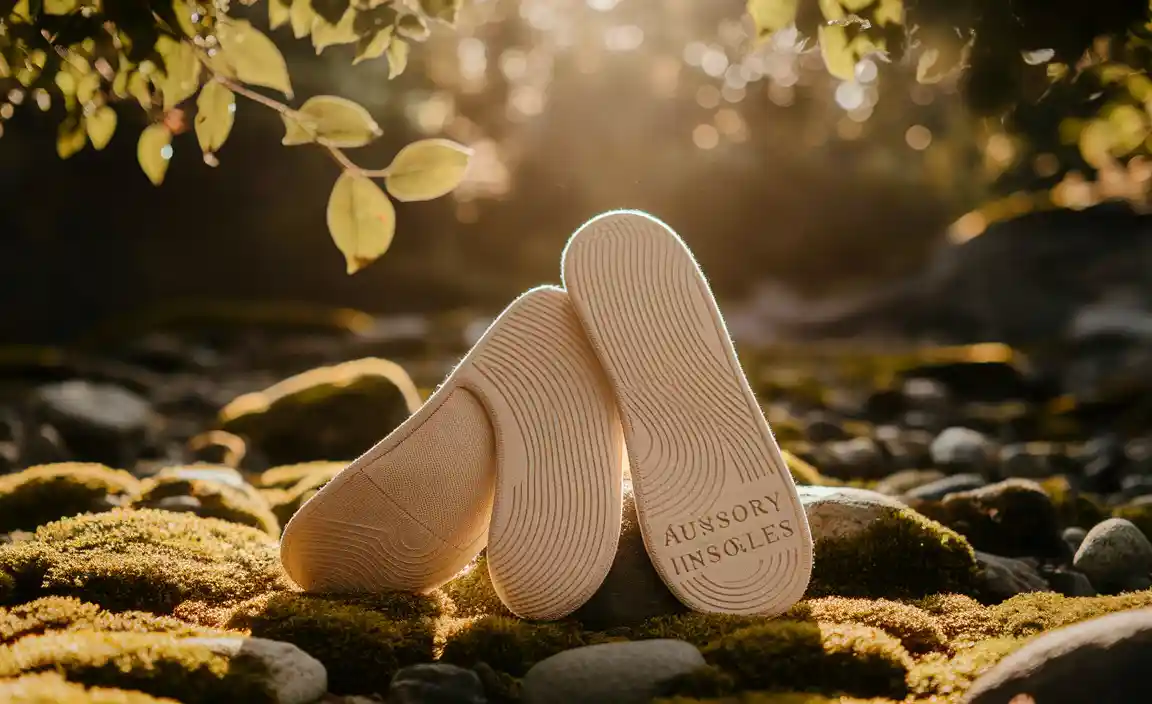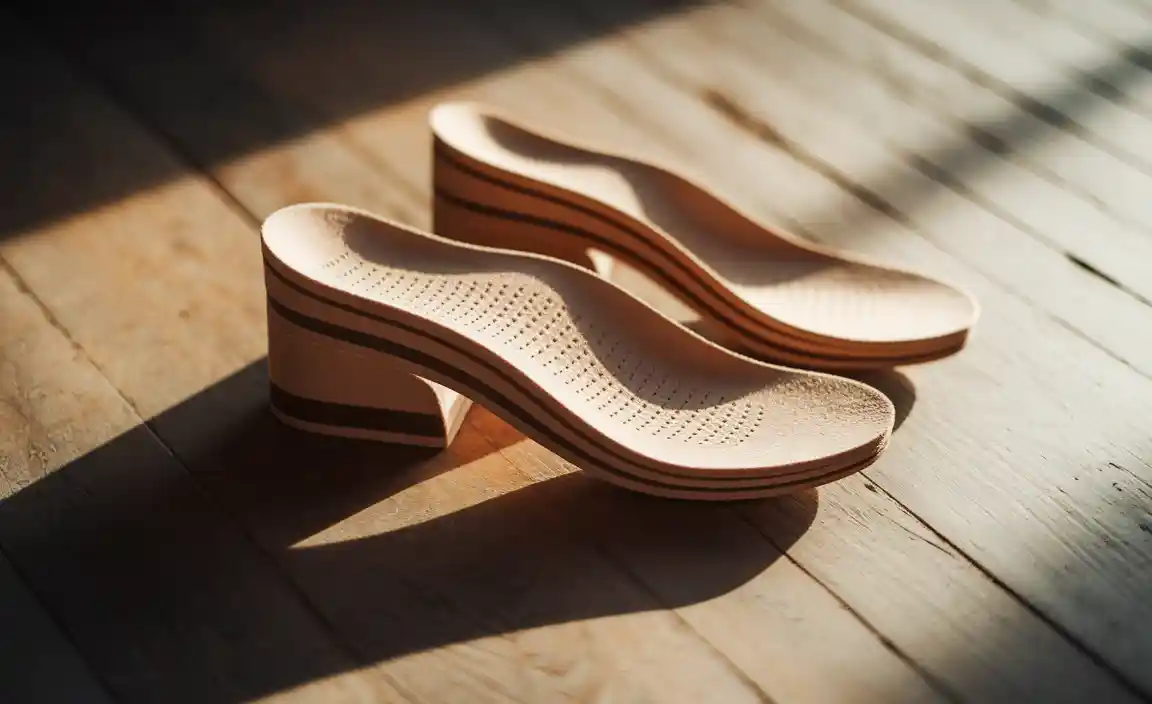Auditor factory floors present a unique set of challenges for the feet. The relentless concrete, the constant standing and walking, and the often demanding pace of work can take a significant toll, leading to fatigue, pain, and potential long-term musculoskeletal issues. This is where high-quality insoles for auditors factory floors become not just a comfort upgrade, but a crucial investment in well-being and productivity. Choosing the right insoles can dramatically transform your workday, from alleviating immediate discomfort to providing lasting support and preventing future problems.
The demands placed on auditors working in factory environments are often underestimated. Unlike office-based roles, auditors on factory floors are on their feet for extended periods, navigating uneven surfaces, and often exposed to varying temperatures and noise levels. This constant physical engagement requires footwear that not only protects but actively supports the feet. Standard issue footwear, while often durable, rarely provides the tailored cushioning and arch support needed for such prolonged standing. This is where specialized insoles come into play, acting as an ergonomic enhancement to your existing work boots or shoes.

Understanding the Need for Specialized Insoles
Why are standard shoes often insufficient for long hours on a factory floor? The primary culprit is the hard, unforgiving nature of most factory flooring. Concrete, tile, and composite materials absorb very little shock, meaning every step sends impact forces directly into your feet, ankles, knees, and hips. Over time, this cumulative stress can lead to conditions like plantar fasciitis, heel spurs, metatarsalgia, and general foot fatigue.
Insoles for auditors factory floors are designed to combat these issues by providing several key benefits. They act as shock absorbers, dispersing impact forces and reducing stress on your joints. They offer crucial arch support, helping to maintain the natural alignment of your foot and preventing the collapse of the arch, which is a common cause of pain. Furthermore, they can improve overall foot stability, reducing the risk of twists and sprains, and enhance the breathability of your footwear, keeping your feet cooler and drier.
Key Features to Look for in Insoles

When selecting insoles for auditors factory floors, consider the following features: Cushioning: Look for insoles with ample cushioning, particularly in the heel and forefoot, where impact is greatest. Materials like EVA foam, gel, or memory foam offer varying degrees of softness and shock absorption. The best insoles will strike a balance between softness for comfort and responsiveness for support.
Arch Support: The type of arch support needed will depend on your foot type. If you have high arches, you’ll need insoles that provide good contouring and cushioning to fill the space. For flat feet or fallen arches, more structured support is essential to prevent overpronation. Many insoles come in different levels of arch support to accommodate a range of foot structures.
Heel Cup: A well-designed heel cup stabilizes the heel, preventing it from rolling inward or outward and providing a secure fit within your shoe. This is crucial for maintaining proper biomechanics and reducing strain.
Durability: Since these insoles will be subjected to demanding conditions, durability is paramount. Look for materials that are resistant to compression and wear and tear. High-density foams and reinforced layering can contribute to a longer lifespan.
Breathability and Moisture-Wicking: Factory environments can get warm, and prolonged standing can lead to sweaty feet, increasing the risk of blisters and odor. Insoles made with breathable materials and moisture-wicking properties will help keep your feet dry and comfortable. Some insoles incorporate antimicrobial treatments to further combat odor.
Fit and Thickness: Ensure the insoles fit snugly into your existing footwear without making it too tight. Consider the thickness of the insoles; a thicker insole might offer more cushioning but could also reduce the available space in your shoe.
Types of Insoles for Auditor Factory Floors
There are generally three main categories of insoles that can benefit those working on factory floors:

1. Supportive and Cushioned Insoles: These are the most common and versatile type. They offer a good balance of shock absorption and arch support, making them suitable for a wide range of foot types and factory environments. Brands like Superfeet, Powerstep, and Samurai Insoles offer excellent options in this category.
2. Rigid/Semi-Rigid Orthotic Insoles: For individuals with significant biomechanical issues, such as severe overpronation or flat feet, more rigid insoles might be necessary. These insoles provide firmer support and help to correct foot alignment. Consult with a podiatrist or orthotist for personalized recommendations if you suspect you need this level of support.
3. Specialty Comfort Insoles: Some insoles are specifically designed with extra cushioning and shock absorption for extended standing. Brands like Foot Locker, Dr. Scholl’s (their higher-end lines), and others often have specific “all-day comfort” or “work boot” models that can be very effective.
Making the Right Choice for Optimal Comfort
Investing in quality insoles for auditors factory floors is a proactive step towards safeguarding your foot health and enhancing your overall comfort and performance at work. Don’t underestimate the impact of what’s happening beneath your feet; the right insoles can make a world of difference in how you feel at the end of a long shift. Consider trying on different types of insoles if possible, or purchasing from retailers with good return policies, to find the perfect match for your feet and your work demands. Your feet will thank you for it.
